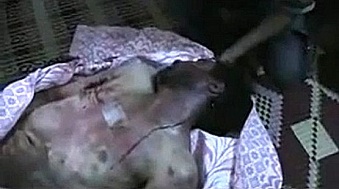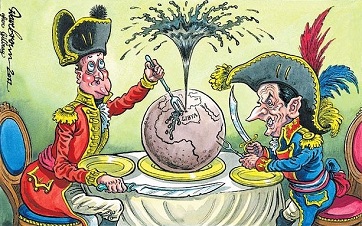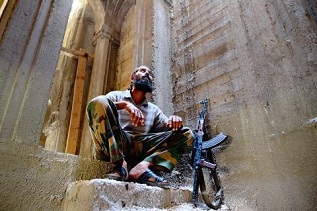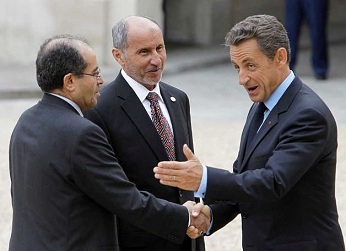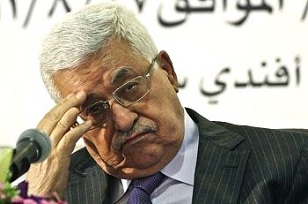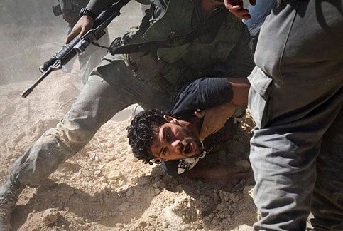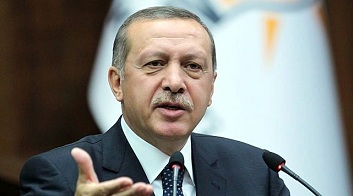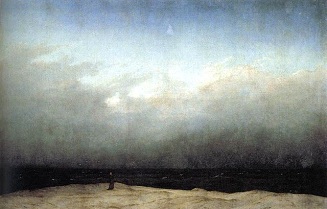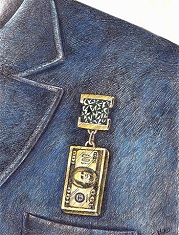Lemmingly, We Roll Along
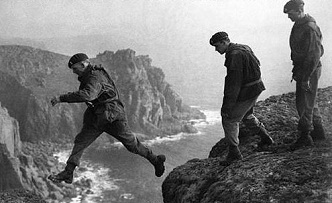
When soldiers die, the politicians who sent them to their deaths typically use euphemisms and circumlocutions — like “lost,” “fallen,” or “ultimate sacrifice.” On one level, the avoidance of blunt language can be seen as a sign of respect, but on another, it is just one more evasion of responsibility for the snuffing out of young lives.
There has been unusually wide (and for the most part supportive) reaction to my article of Aug. 9 (“They Died in Vain; Deal With It“) on the killing of 30 American troops when their helicopter was shot down over Afghanistan [during one night recently]. One website posting the article clocked 181 comments; scanning through them, I found many substantive, helpful ones.
Let me share one telling comment, which seemed to me particularly — if sadly — apt:
“Two lemmings are chatting while standing in the line to the cliff. One says to the other, ‘Of course we have to go over the edge. Anything else would dishonor all the lemmings that have gone before us.’”
And so it goes, thought I, with our lemming in chief (LIC) Barack Obama … and those who lemmingly follow him.


























